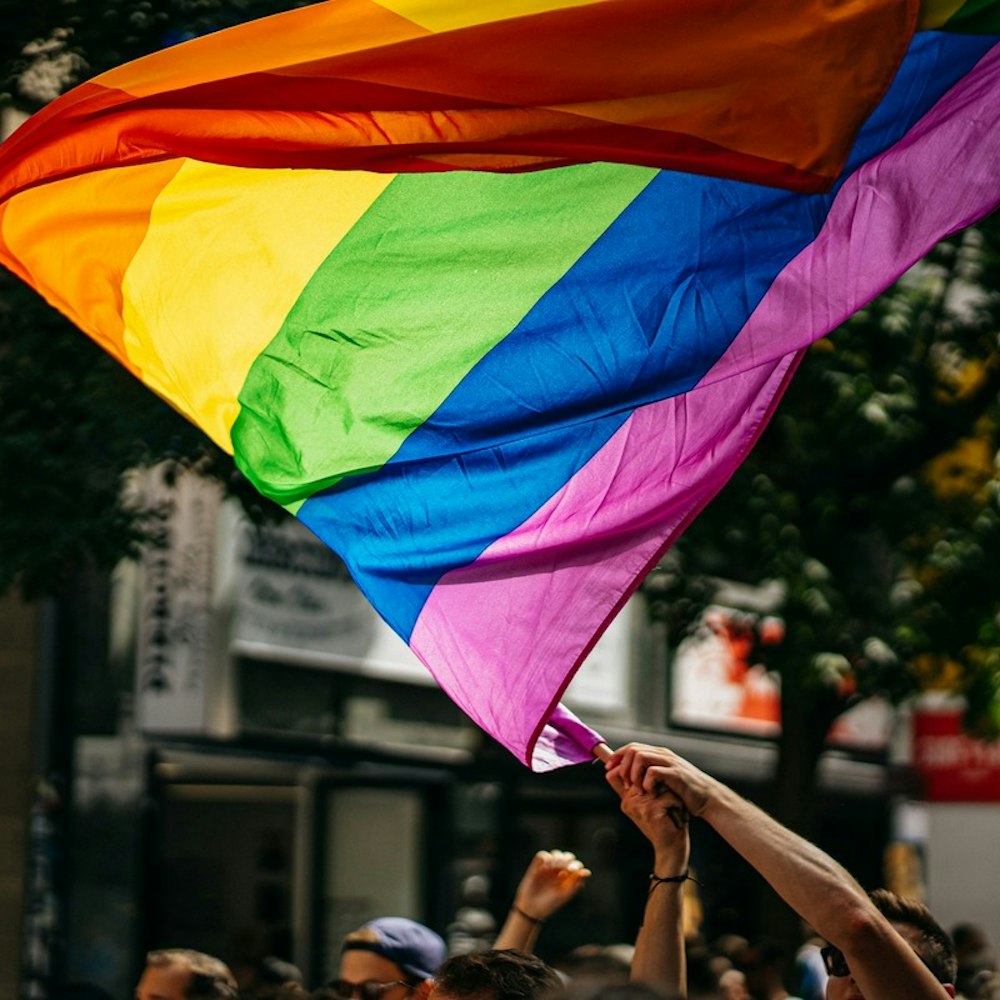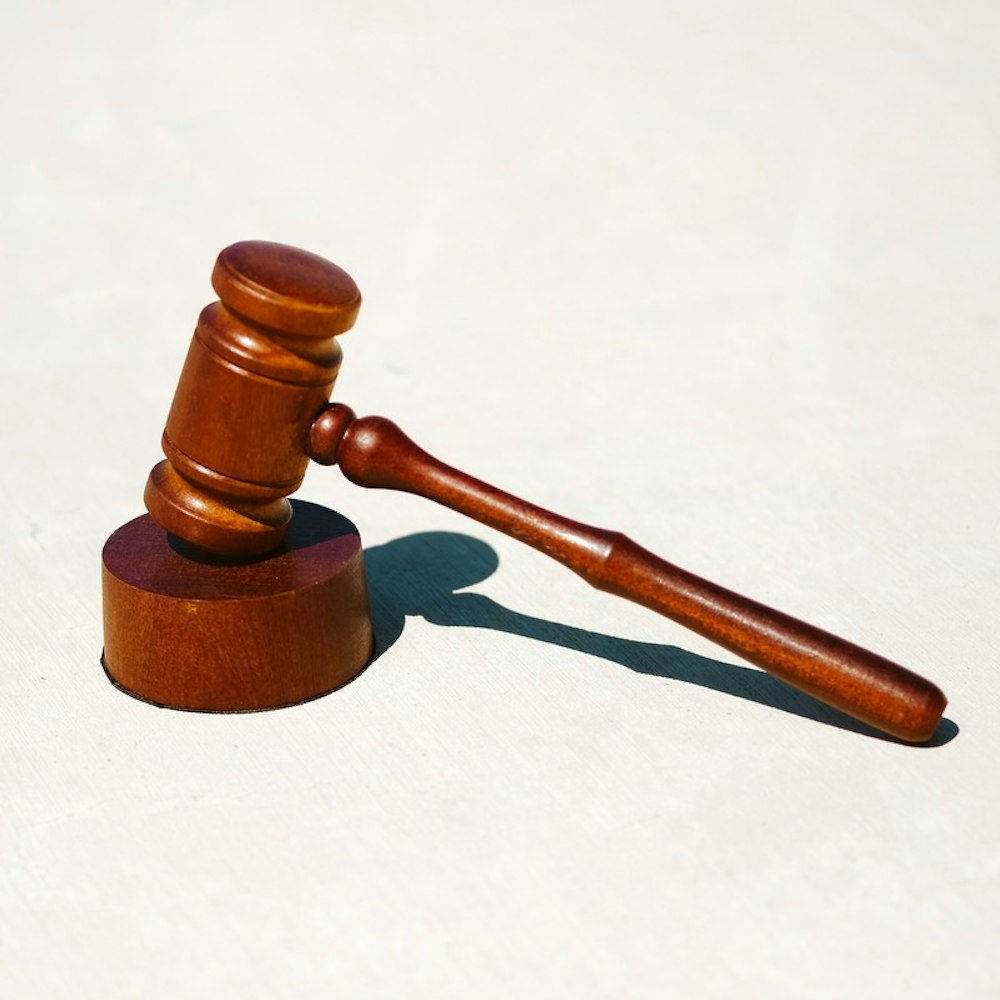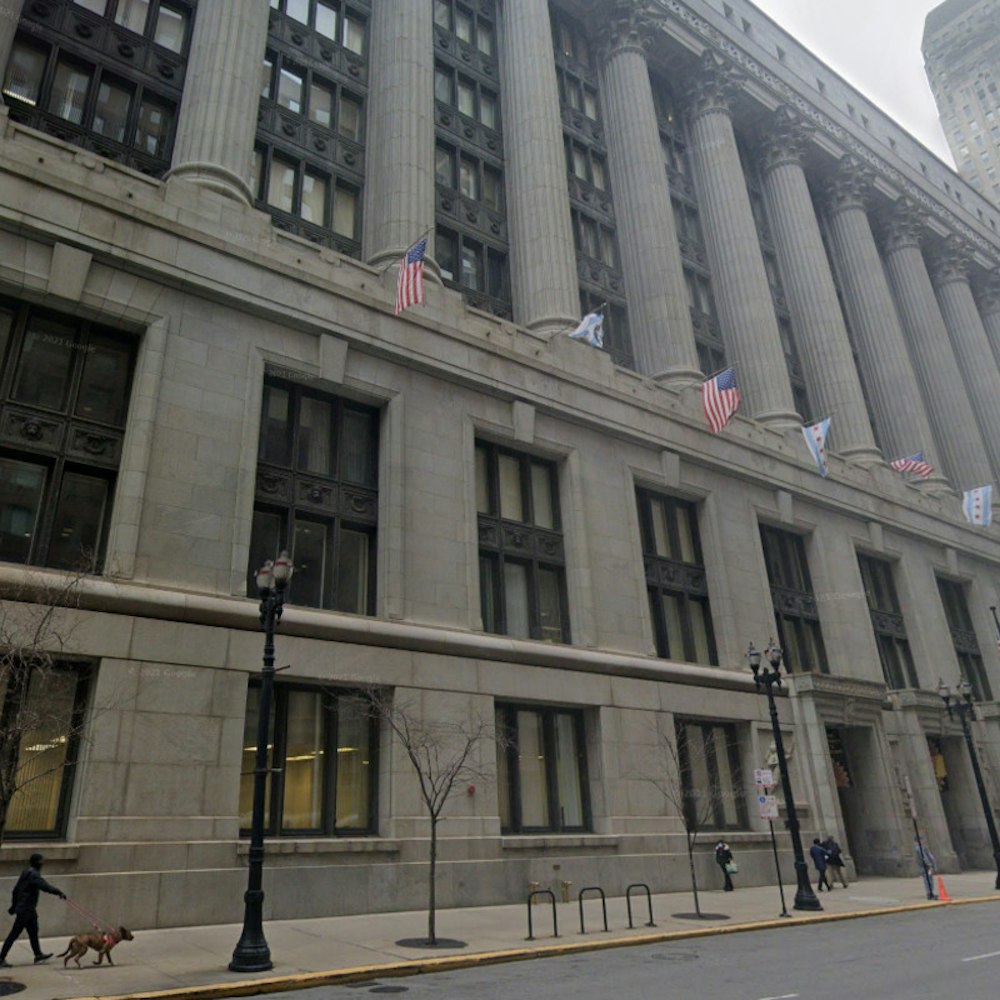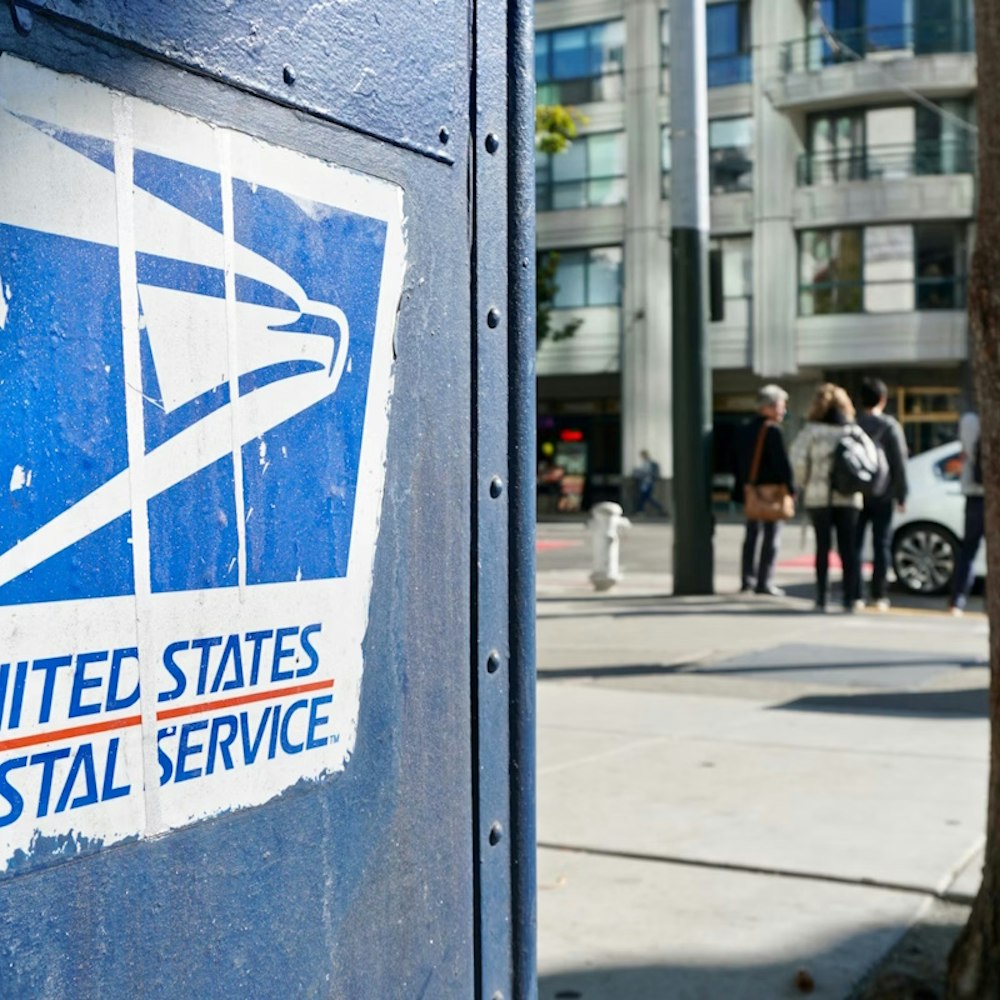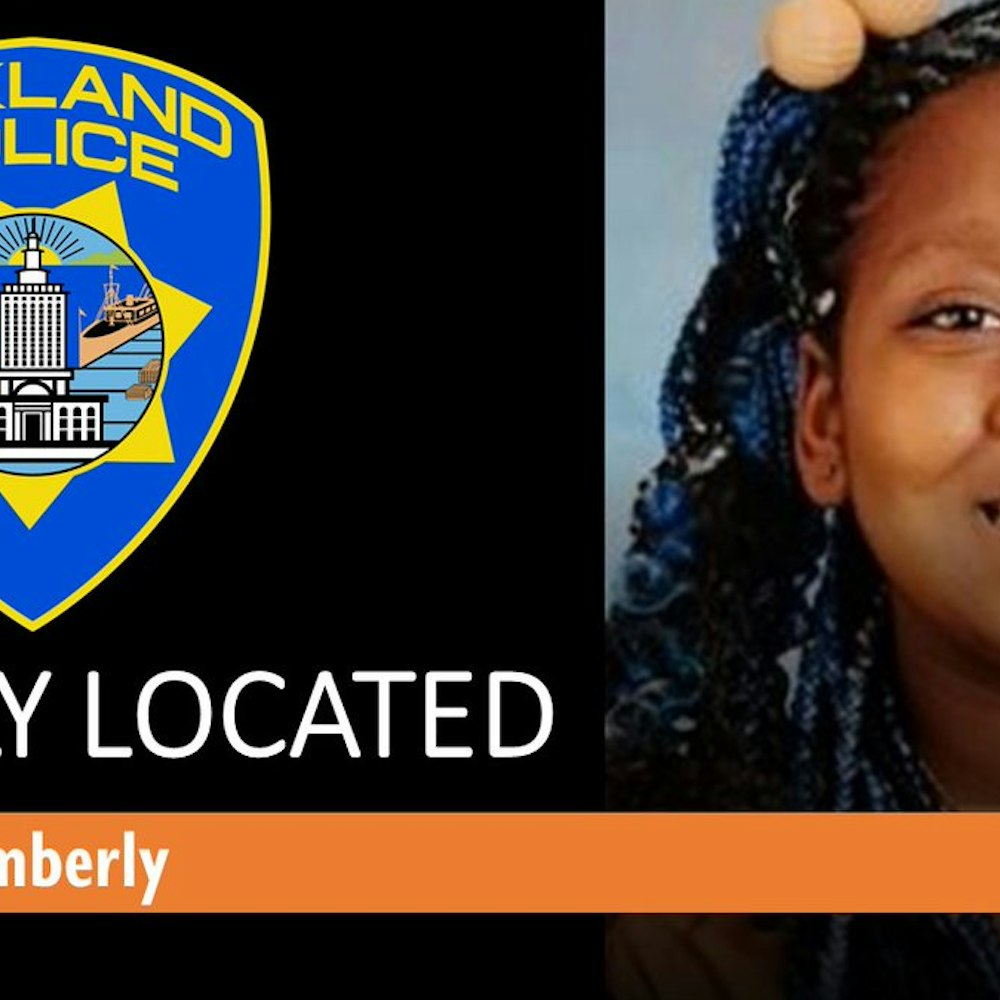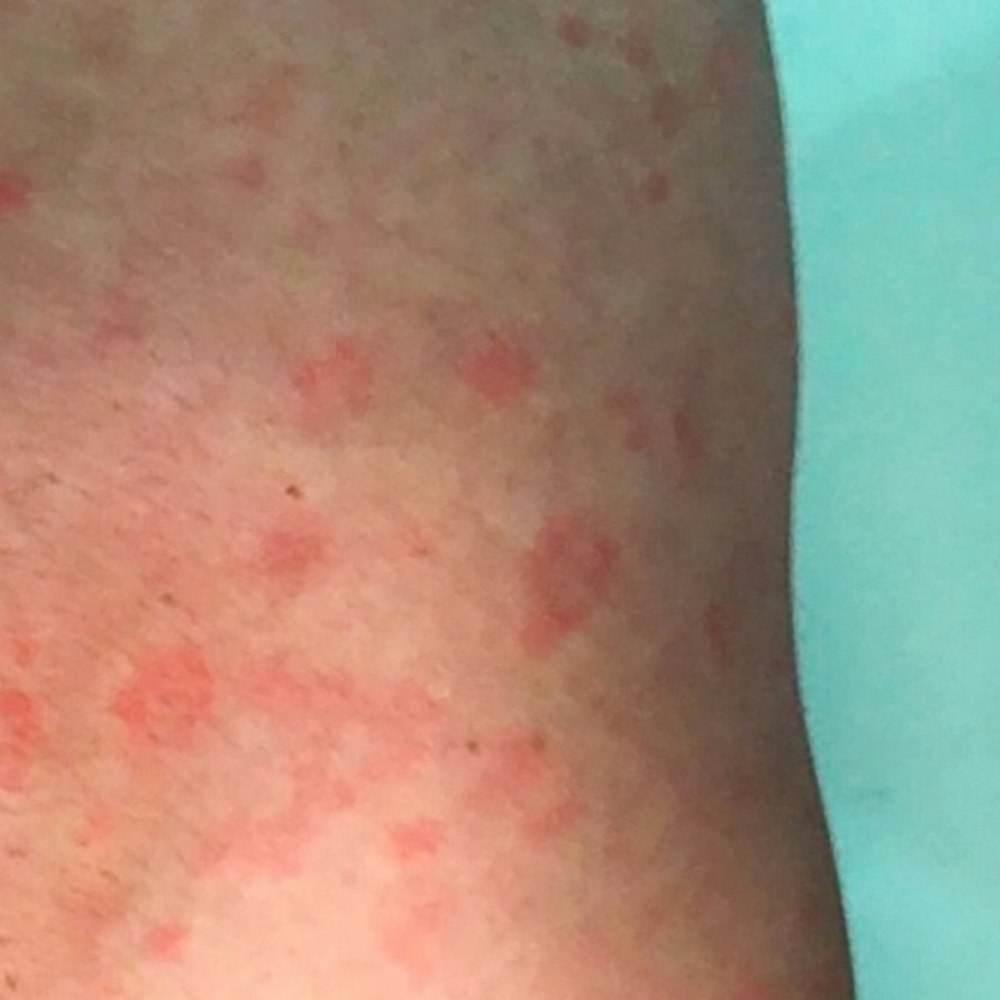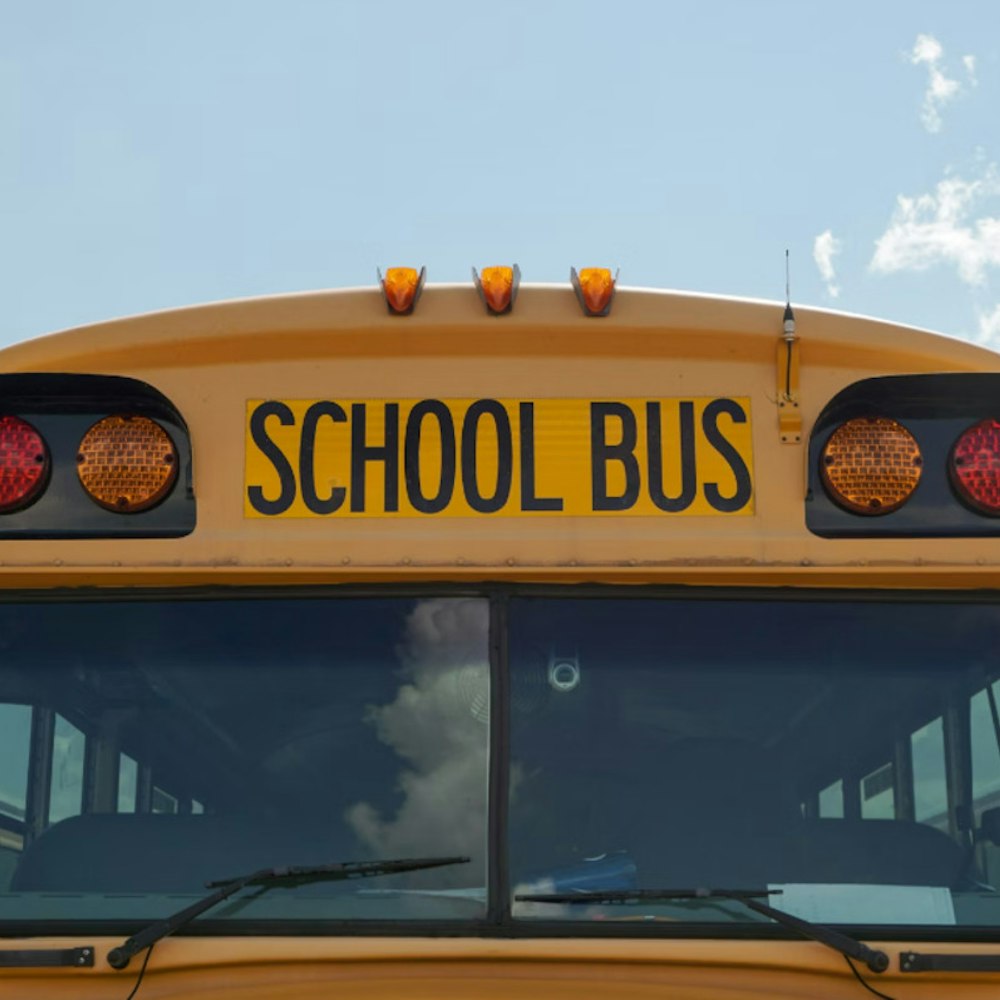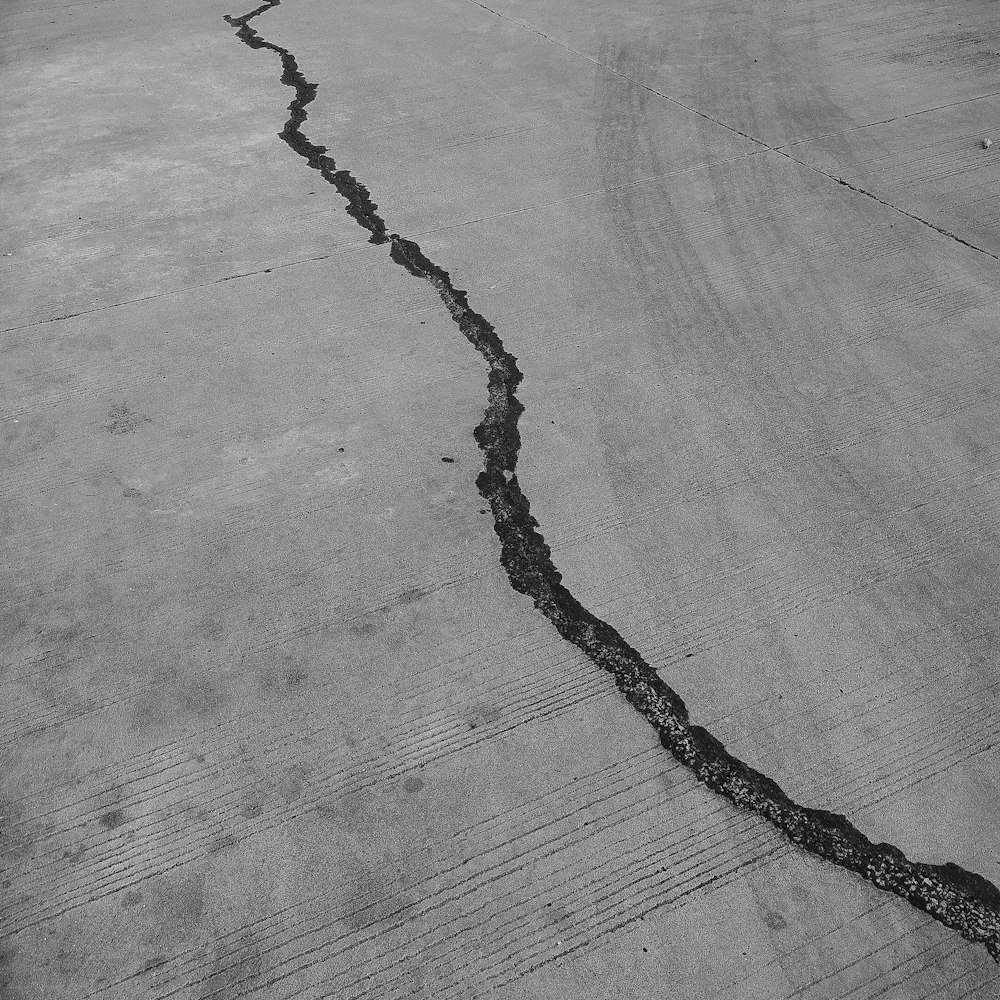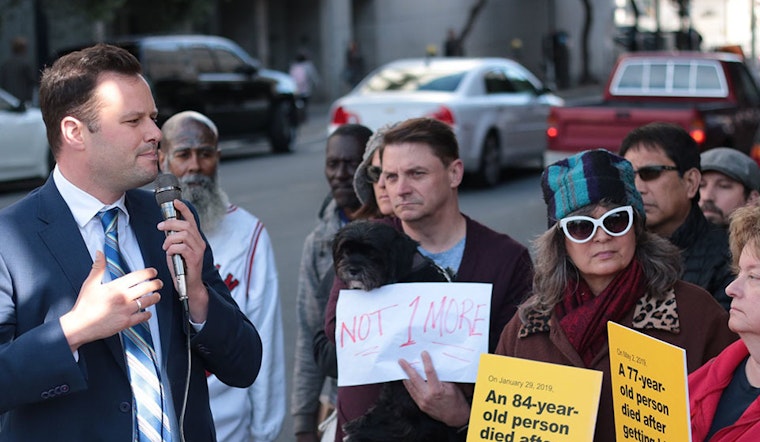
San Francisco has a Vision Zero goal of eliminating traffic deaths on city streets by 2024. But despite efforts to remake intersections and build better bike lanes, it's failing to decrease fatalities — and arguably, moving in reverse.
Last year, 23 people died on city streets. As of August 31, the 2019 death toll from traffic fatalities in San Francisco was 22 people — but that number doesn't include those who were killed in September and October, including Pilsoo Seong, 69, who died in the Mission last week after being hit by a truck.
On Tuesday, the Board of Supervisors responded to public outcry over the issue by passing a resolution to declare a state of emergency for traffic safety in San Francisco.
The resolution was authored by District 6 Supervisor Matt Haney, in collaboration with the SF Bicycle Coalition and pedestrian advocacy organization Walk SF. Supervisors Norman Yee, Hillary Ronen, Rafael Mandelman, Catherine Stefani, Sandra Lee Fewer, Shamann Walton, and Vallie Brown later signed on as co-sponsors.
The emergency declaration calls on the city and the SFMTA to reduce and enforce speed limits, double the number of red-light cameras, re-time traffic lights for safety rather than speed, increase enforcement for dangerous driving behavior, and post clear signage.
However, the legislation is largely ceremonial, and does not force the SFMTA to prioritize these changes. SFMTA spokesperson Erica Kato tells Hoodline that the agency is exploring the potential expansion of its Parking Control Officer and red-light camera programs in response to the legislation.
Jodie Medeiros, Walk SF's executive director, has called for speed safety cameras in addition to red-light cameras, but they aren't currently part of the agency's plans.
Yee, who sustained critical injuries after being struck by a car in 2006, has been stymied by the state in his efforts to lower San Francisco's speed limits.
"If these were homicides, we would be seeing headlines and protests, but because these are pedestrians and bicyclists, some don't make it on our radar," Yee noted during Tuesday's hearing. "A majority of those impacted are pedestrians in crosswalks, and many of them are elderly."
"These are not accidents," Yee concluded. "They are preventable."
